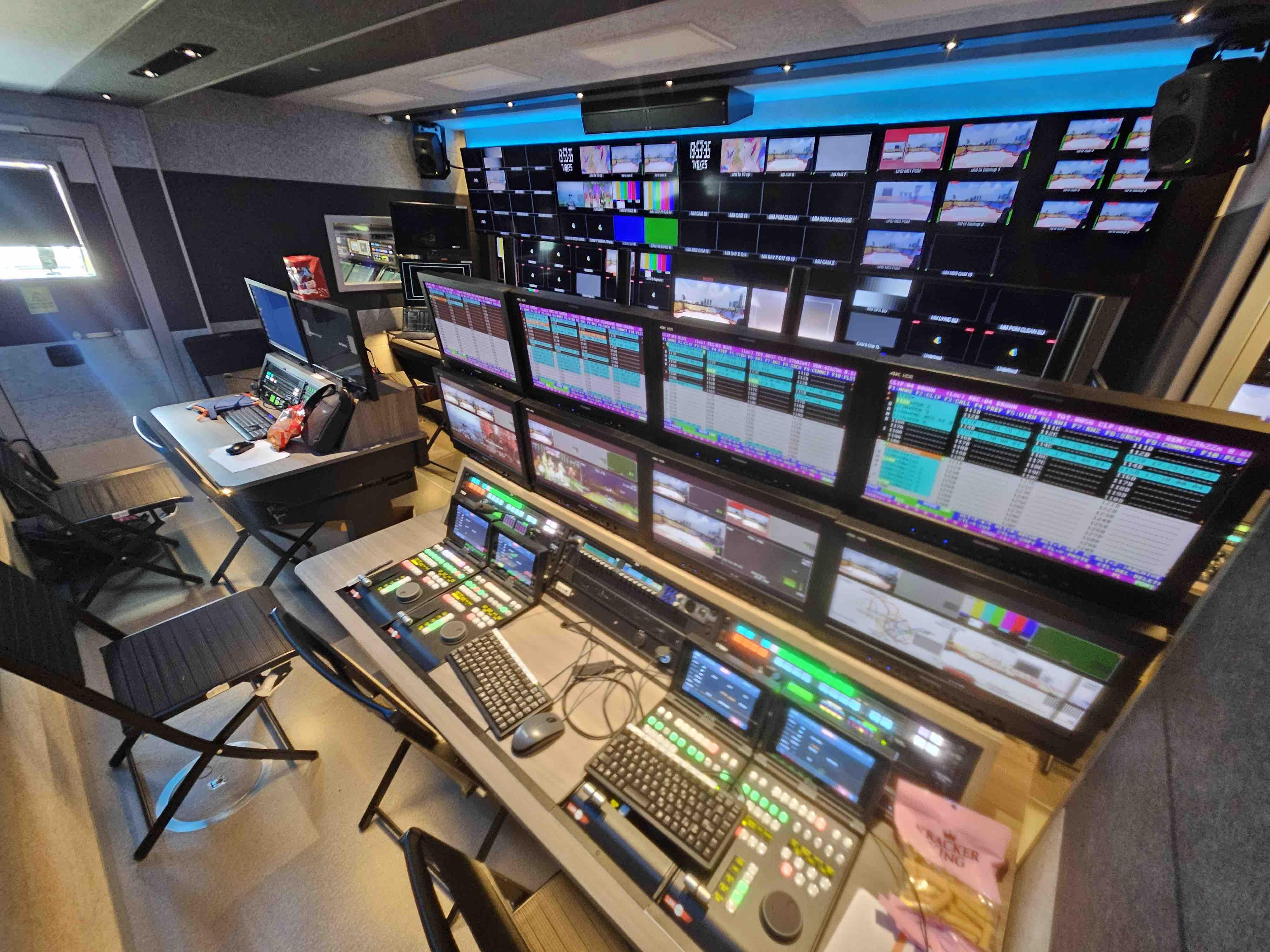Fritts appeals to Congress for multicasting support on cable
Testifying before the Senate Commerce Committee July 12, NAB president and CEO Edward Fritts told Congress that broadcasters have done their part to set the table for a hard date for analog switch-off. Now it’s up to lawmakers to protect viewers.
He said broadcasters accept that Congress will implement a 2009 hard date for the end of analog broadcasts. However, Congress needs to act, if viewers are going to enjoy the benefits of “a fully developed system of free, local digital television,” he said.
Pointing to multicasting as an example of how consumers can benefit from digital broadcasts, Fritts gave lawmakers specific examples. WDBJ-TV in Roanoke, VA, broadcasts CBS HDTV programming and through multicasting, and offers extended coverage of news, ACC sports and Virginia Tech football games.
However, cable operators are stunting the full growth of multicasting. They “refuse to provide these services to their subscribers,” he said. Full development of multcasting services will be difficult “if cable monopolies strip these free services,” he added.
The Commerce Committee also heard from Kyle McSlarrow, president and CEO of the National Cable & Telecommunications Association, who saw things differently. In his testimony he said broadcasters are seeking “carriage of both an analog and a digital version of the same signal.”
“But dual must carry – and multicast must carry, another one of the broadcasters’ proposals – will do nothing to forward the digital transition and harms consumers, cable operators and cable programmers alike,” he said.
Such dual carriage will harm consumers by slowing deployment of other cable services, such as “100+ megabits per second Internet access, VoIP telephone service and digital programming tiers,” McSlarrow said.
The professional video industry's #1 source for news, trends and product and tech information. Sign up below.
For more information, visit www.nab.org and www.ncta.com.
